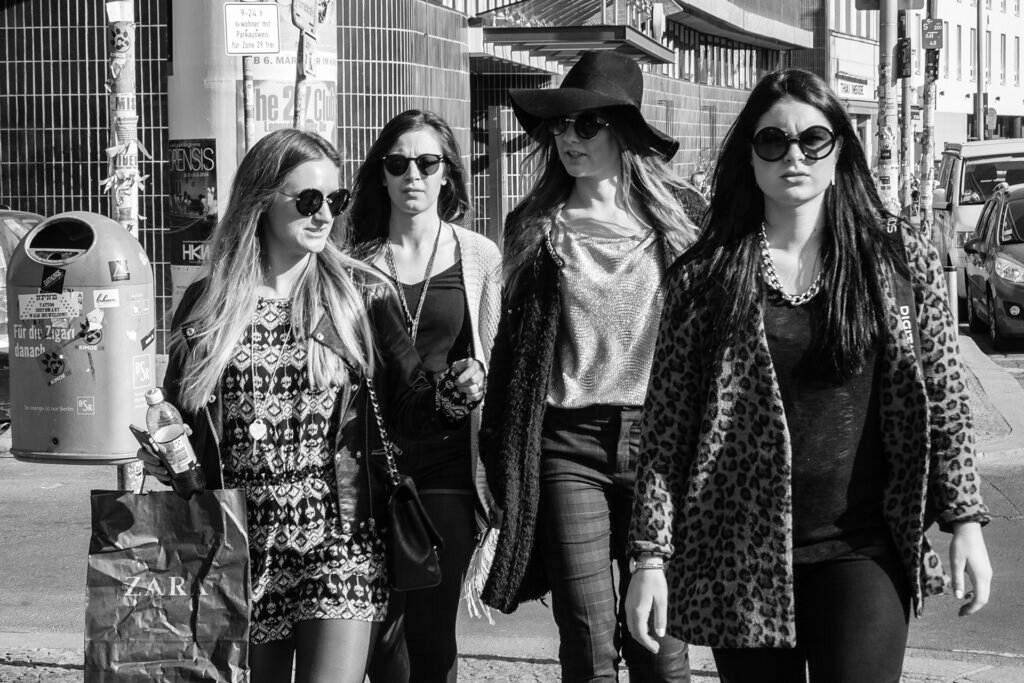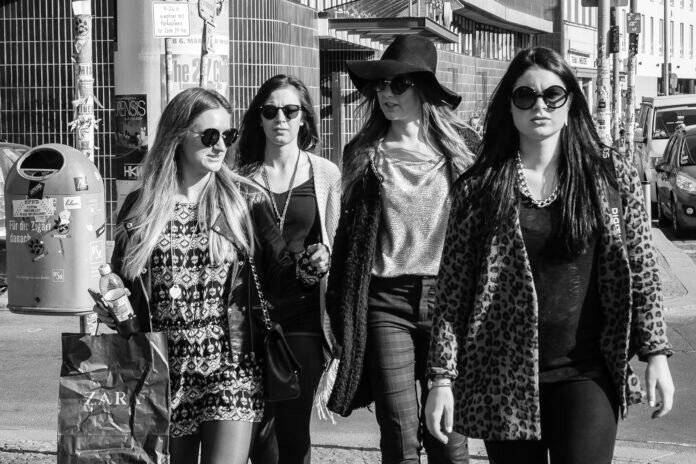Introduction:
In recent years, the fashion industry has undergone major changes due to increased awareness of environmental and social issues. As consumers become more conscious of the impact of their purchasing decisions, the demand for sustainable and ethically produced clothing has surged. In this article, we’ll explore some of the emerging trends shaping the future of sustainable fashion and how industry players are responding to these changes.

1. The Rise of Eco-Friendly Materials:
One of the most notable trends in sustainable fashion is the increasing adoption of eco-friendly materials. Designers and brands are moving away from traditional fabrics like cotton and polyester, which have significant environmental drawbacks, and embracing innovative alternatives. Materials such as organic cotton, hemp, bamboo, and recycled polyester are gaining popularity for their lower environmental footprint and reduced reliance on harmful chemicals.
2. Ethical Manufacturing Practices:
In addition to using sustainable materials, fashion brands are increasingly focusing on ethical manufacturing practices. This includes ensuring fair wages, safe working conditions and respect for human rights throughout the supply chain. Many companies are also investing in transparency and traceability efforts to give consumers better insight into how their clothes are made.
3. Circular Fashion Economy:
The concept of a circular fashion economy is gaining traction as a sustainable alternative to the traditional linear model of production and consumption. In a circular economy, garments are designed to be reused, repaired, or recycled at the end of their lifecycle, minimizing waste and maximizing resource efficiency. Brands are exploring innovative business models such as clothing rental services, resale platforms, and upcycling initiatives to extend the lifespan of clothing and reduce environmental impact.
4. Technology and Innovation:
Advancements in technology are driving innovation in sustainable fashion, enabling designers to create more eco-friendly and resource-efficient garments. From 3D printing and digital prototyping to blockchain-based supply chain solutions, technology is revolutionizing every aspect of the fashion industry. These innovations not only reduce waste and energy consumption but also offer new opportunities for creativity and customization.
5. Consumer Education and Awareness:
Perhaps the most significant trend driving the shift towards sustainable fashion is the increasing awareness and activism among consumers. As people become more informed about the environmental and social impacts of fashion, they are demanding greater transparency and accountability from brands. Social media, influencers, and advocacy groups play a crucial role in raising awareness and mobilizing consumers to support ethical and sustainable fashion practices.
Conclusion:
The future of fashion is undeniably sustainable, with growing momentum towards eco-friendly materials, ethical manufacturing practices, circular business models, technological innovation, and consumer activism. By embracing these emerging trends, fashion brands have the opportunity to not only reduce their environmental footprint but also build stronger connections with socially conscious consumers. As the industry continues to evolve, collaboration and collective action will be essential to drive meaningful change towards a more sustainable and ethical fashion ecosystem.

